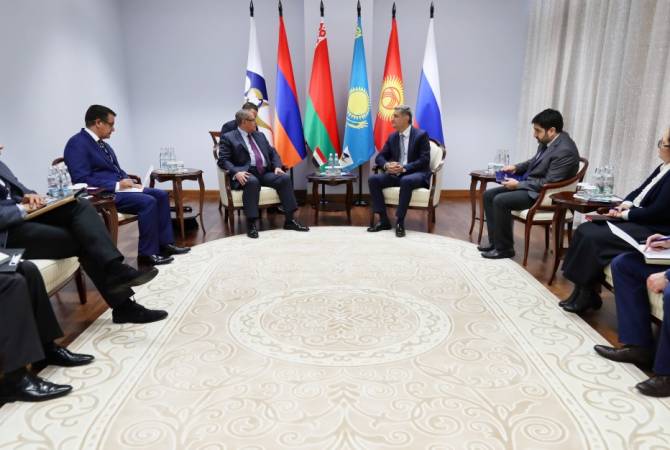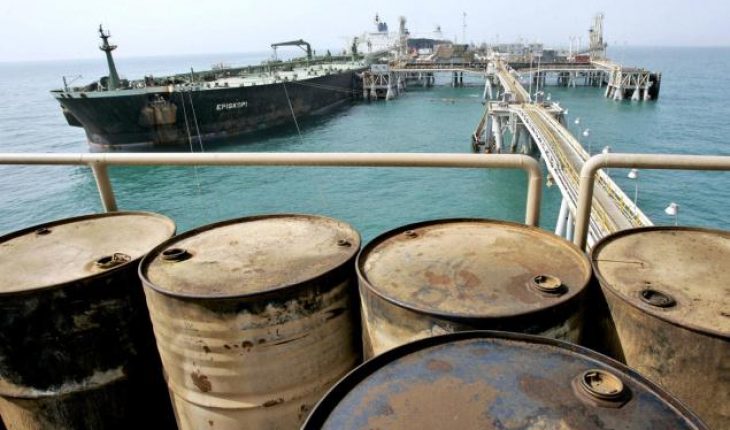Zimbabwe’s economy will grow by 6.3 per cent this year, driven mainly by agriculture and mining, the finance minister said Monday as the Government seeks to boost growth after the fall of Robert Mugabe.
President Emmerson Mnangagwa, who was elected in a disputed election in July, has vowed to revive the moribund economy since he took power last year when Mugabe was ousted by a military intervention.
“Indications are that the economy will grow by 6.3 per cent against the original budget projection of 4.5 per cent,” Finance Minister Mthuli Ncube said at a news conference where the central bank presented a monetary policy statement.
“However the quality of the growth, which is primarily being driven by two sectors of agriculture and mining, is obviously not inclusive,” he added.
Ncube, who was appointed after the election, said Zimbabwe faced foreign currency and cash shortages, an unsustainable budget deficit, and difficulties re-engaging with international lenders and investors after the Mugabe era.
“These challenges call for urgent reforms,” he said. “Bold decisions need to be taken on the reforms front in order to stimulate growth and sustainable development.”
Ncube said the country was saddled with debt of US$16.9 billion.


